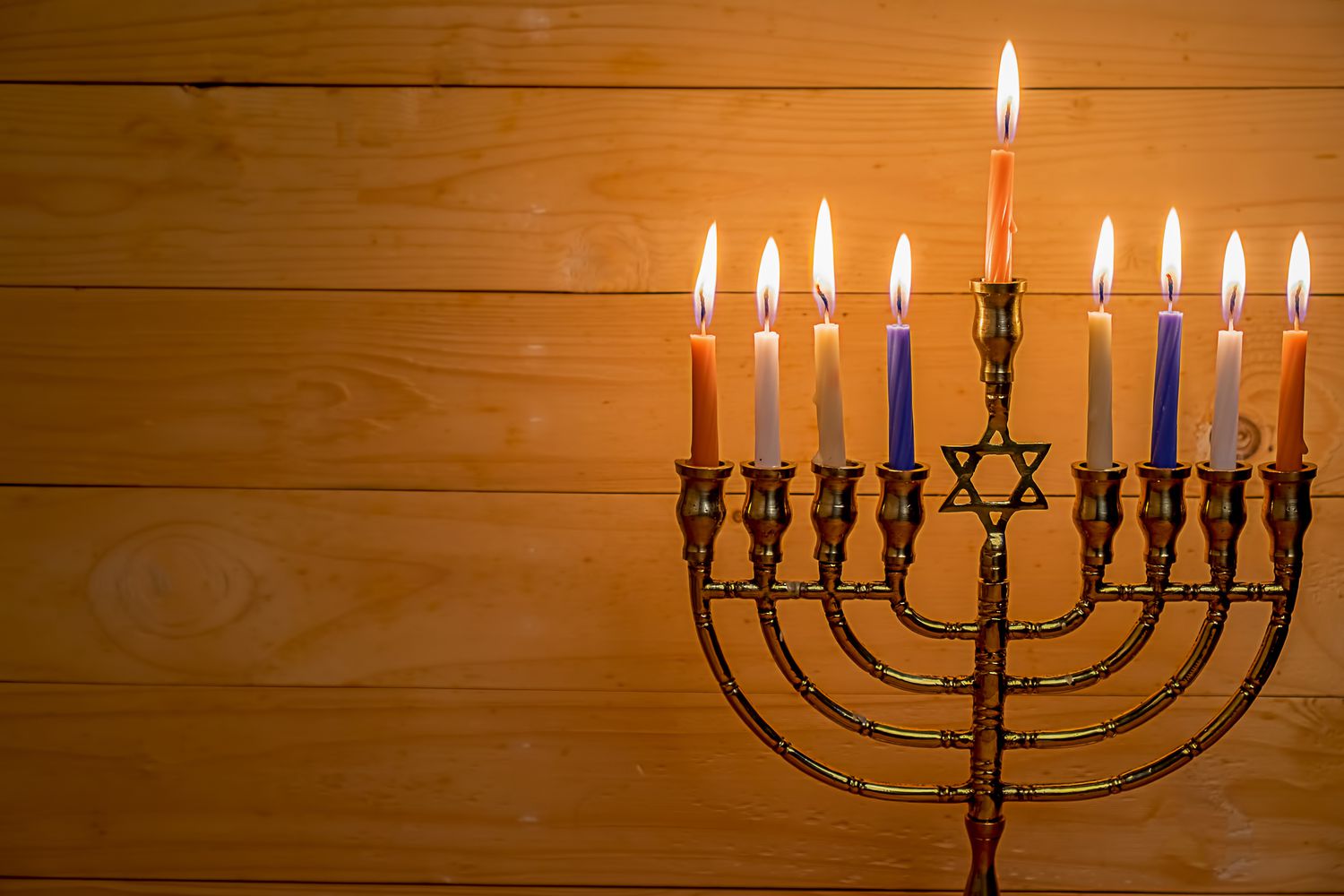Introduction:
As the winter season descends upon us, various cultures around the world come together to celebrate their unique festivals, each carrying its own rich history and traditions. For the Jewish community, Hanukkah is a particularly special time, known as the “festival of lights.” In 2023, this eight-day celebration holds even more significance as families and communities come together to commemorate the miracle of the oil and the resilience of the Jewish spirit.

What is Hanukkah?
Hanukkah, also spelled Chanukah, is an annual Jewish festival that usually falls in December, spanning eight nights and days. The festival is rooted in historical events that took place more than 2,000 years ago. The story revolves around the Maccabean Revolt and the rededication of the Second Temple in Jerusalem.
The Miracle of the Oil:
One of the central themes of Hanukkah is the miracle of the oil. According to tradition, after the successful revolt against the Seleucid Empire, the Jewish people found only enough oil to light the menorah (a candelabrum with nine branches) in the newly cleansed Temple for one day. Miraculously, the oil lasted for eight days, allowing enough time to procure more. This event is commemorated through the lighting of the menorah during the festival.
How is Hanukkah Celebrated?
- Lighting the Menorah: The most recognizable symbol of Hanukkah is the menorah, a nine-branched candelabrum. The central candle, the shamash, is used to light one additional candle each night of the festival. By the eighth night, all eight candles are illuminated, symbolizing the miraculous eight days of oil.
- Playing Dreidel: The dreidel is a spinning top with Hebrew letters on each side, representing the phrase “Nes Gadol Haya Sham,” which translates to “A great miracle happened there.” Families and friends often gather to play the dreidel game, adding an element of fun and competition to the celebration.
- Feasting on Traditional Foods: Hanukkah is a time for delicious traditional foods, often fried in oil to symbolize the miracle of the oil. Potato latkes (pancakes) and sufganiyot (jelly-filled doughnuts) are among the favorites during this festive period.
- Exchanging Gifts: Gift-giving is also a common tradition during Hanukkah. Families exchange presents, and children often receive gelt (chocolate coins) or small gifts.
- Community Celebrations: Synagogues and Jewish communities organize special events, including communal candle lighting, festive meals, and cultural performances to bring people together in the spirit of The festival.
What to Know in 2023:
In 2023, Hanukkah holds added significance as the global Jewish community continues to embrace and share its traditions with the world. The festival’s message of resilience, hope, and the triumph of light over darkness resonates universally, making Hanukkah a time for people of all backgrounds to come together in celebration.
Conclusion:
As the festival of lights approaches, Jewish communities around the world prepare to kindle the flames of the menorah. This eight-day celebration commemorates the rededication of the Second Temple in Jerusalem after the Maccabean Revolt.
The menorah, with its eight flames, symbolizes the miraculous oil that burned for eight days during the rededication. Each night, another candle is lit, filling homes with a warm glow and symbolizing the triumph of light over darkness.
Hanukkah is also a time for families and friends to come together, sharing traditional foods like latkes and jelly donuts, playing dreidel, and exchanging gifts.
Whether you are part of the Jewish community or simply an observer, Hanukkah offers an opportunity to appreciate the rich tapestry of traditions that enrich our global cultural landscape. It is a reminder of the power of hope, resilience, and the importance of community.
Happy Hanukkah!

